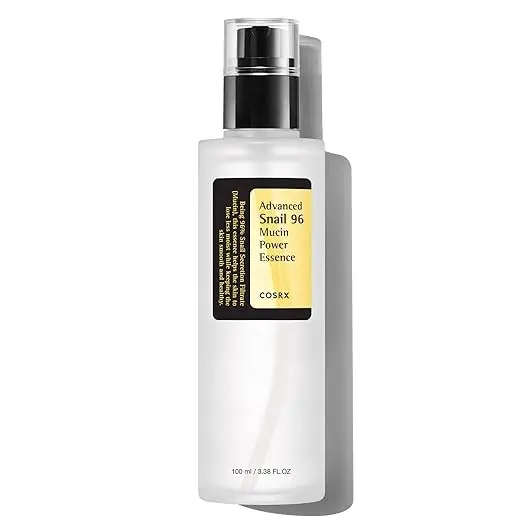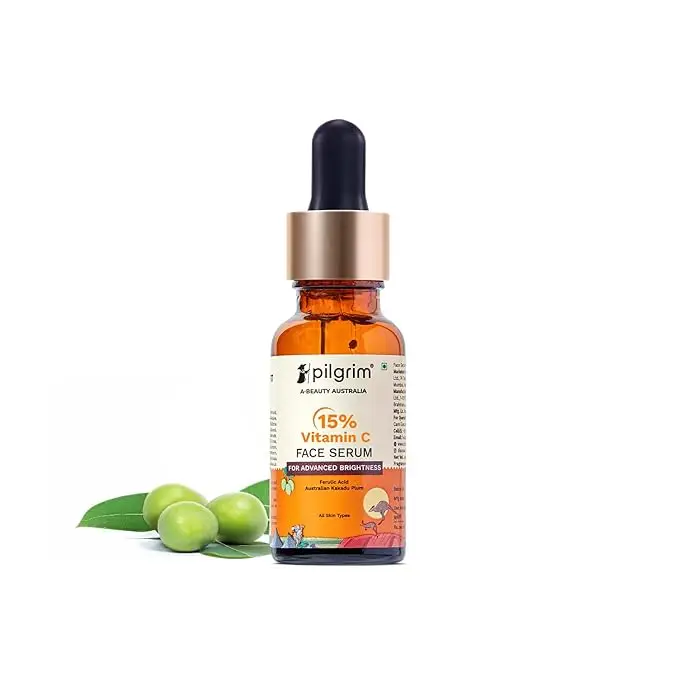
As winter sets in, the chilly air and low humidity levels can take a toll on your skin. This season is notorious for causing dryness, flakiness, and irritation. Cold winds and indoor heating systems strip away moisture, leaving the skin feeling parched and sometimes sensitive. That’s why your skincare routine needs to adapt to these conditions. To keep your face looking healthy, soft, and glowing throughout the winter months, you’ll need to make a few changes. In this blog, we’ll walk you through an effective winter face routine that will nourish and protect your skin from the harsh winter elements.
Why Does Winter Affect Your Skin?
Before diving into the skincare routine, it’s important to understand why winter is so harsh on your skin. Here are a few reasons:
Low Humidity: Cold air holds less moisture than warm air. This means that the air is drier during winter, leading to moisture being drawn from the skin.
Indoor Heating: To combat the cold, we often crank up the heating indoors. While this keeps us warm, it also dries out the air, which in turn dries out our skin.
Wind: Harsh winter winds can disrupt the skin’s natural barrier, leading to moisture loss, irritation, and redness.
Hot Showers: It’s tempting to take long, hot showers in winter, but hot water strips the skin of its natural oils, further exacerbating dryness.
Less Sunlight: The sun is not as intense in winter, but that doesn’t mean your skin isn’t exposed to harmful UV rays. The decrease in natural sunlight can also impact the skin’s health, potentially leading to dullness.
With these factors in mind, let’s explore how you can revamp your face routine to ensure your skin stays hydrated and radiant throughout winter.
1. Start with a Gentle Cleanser
Winter is not the time for harsh cleansers or exfoliators that strip your skin of natural oils. Instead, opt for a gentle, hydrating cleanser that removes impurities without compromising your skin’s moisture barrier. Look for cleansers that contain ingredients like glycerin, hyaluronic acid, or ceramides, which help retain moisture.
Pro Tip: Avoid foaming cleansers during winter as they tend to be more drying. Choose a cream or oil-based cleanser instead.
2. Exfoliate (But Don’t Overdo It)
Exfoliation is key to removing dead skin cells and allowing your skin to absorb moisture more effectively. However, over-exfoliating during winter can make dryness worse. Stick to exfoliating once or twice a week, using a mild exfoliant.
For sensitive skin, opt for a gentle chemical exfoliant with lactic acid or fruit enzymes. Physical exfoliants with small, smooth particles are fine too, as long as they’re not too abrasive. The goal is to encourage skin cell turnover without irritating the skin’s surface.
Pro Tip: Avoid products with alcohol or strong acids, as they can further dry out and irritate winter skin.
3. Layer on Hydrating Toner or Essence
Hydration is the most important element in your winter skincare routine. After cleansing, apply a hydrating toner or essence to replenish moisture and prep your skin for the next steps. Look for toners with ingredients like:
Hyaluronic Acid: This superstar ingredient can hold up to 1000 times its weight in water, making it essential for keeping skin plump and hydrated.
Glycerin: A humectant that draws moisture from the environment into the skin.
Aloe Vera or Chamomile: Soothing ingredients that can calm irritation or redness caused by dry air.
A toner or essence is like a drink of water for your skin, boosting hydration and allowing your moisturizers to work even better.
4. Use a Rich Serum
In winter, a lightweight serum may not provide enough hydration. Switch to a richer, more nourishing serum that focuses on hydration and barrier repair. Serums packed with ingredients like hyaluronic acid, niacinamide, peptides, and ceramides can work wonders for dehydrated skin.
Hyaluronic Acid: This ingredient draws water into the skin, ensuring deep hydration.
Niacinamide: A form of Vitamin B3, it strengthens the skin’s barrier and reduces redness and irritation.
Ceramides: These are fatty molecules that help restore the skin’s natural barrier and lock in moisture.
Vitamin C: Even in winter, you need protection from environmental stressors. Vitamin C offers antioxidant benefits and helps brighten dull skin.
A hydrating serum should be applied after your toner but before your moisturizer. It’s designed to penetrate deeply into the skin to deliver moisture and repair at a cellular level.
5. Apply a Thick Moisturizer
Your summer moisturizer may not cut it when the temperature drops. In winter, switch to a thicker, richer moisturizer that offers more hydration and creates a barrier to prevent moisture loss.
Look for moisturizers containing:
Shea Butter: Known for its emollient properties, it softens and smooths skin.
Ceramides: These help replenish the skin barrier and lock in moisture.
Squalane: A lightweight oil that mimics the skin’s natural oils and prevents water loss without clogging pores.
If your skin is extremely dry, you can even opt for an overnight mask or balm that provides an extra moisture boost while you sleep.
Pro Tip: Don’t forget to moisturize your neck! It’s just as exposed to the elements as your face and can become dry and flaky in winter.
6. Sunscreen is Still a Must
Just because it’s winter doesn’t mean you can skip sunscreen. UV rays are still present, even on cloudy days, and they can reflect off snow, increasing your exposure. The cold weather can also make skin more sensitive to sun damage, so applying sunscreen daily is crucial for protecting your skin.
Choose a broad-spectrum sunscreen with at least SPF 30 and reapply throughout the day if you’re spending time outside. For extra hydration, consider a sunscreen that contains moisturizing ingredients like glycerin or hyaluronic acid.
7. Don’t Forget Your Lips and Eyes
The delicate skin around your eyes and lips is especially prone to dryness and irritation in winter. Incorporating targeted products into your routine can prevent chapping and reduce fine lines.
Lip Balm: A nourishing lip balm with beeswax, shea butter, or lanolin can prevent chapped lips. Avoid balms with menthol or camphor, which can dry out the lips further.
Eye Cream: Use a hydrating eye cream with peptides or hyaluronic acid to keep the skin around your eyes moisturized and plump.
Pro Tip: Apply lip balm before going to bed to allow it to repair and hydrate your lips overnight.
8. Invest in a Humidifier
Skincare products can work wonders, but they’re even more effective when paired with a humidifier. The dry air in your home caused by heating systems can sap moisture from your skin. Running a humidifier adds moisture back into the air, preventing your skin from drying out.
Use a humidifier in your bedroom at night to keep your skin hydrated while you sleep. Your face (and even your hair) will feel less dry in the morning.
9. Drink Plenty of Water
Hydration starts from the inside out. In winter, we tend to drink less water because we don’t feel as thirsty, but staying hydrated is essential for maintaining healthy, glowing skin.
Aim to drink at least 8 glasses of water a day to keep your skin hydrated and plump. If you struggle with plain water, try herbal teas, which can be hydrating and soothing on a cold day.
10. Eat a Skin-Friendly Diet
Your diet also plays a role in how your skin looks and feels. In winter, focus on eating foods rich in essential fatty acids, like avocados, nuts, seeds, and fatty fish. These foods help support your skin’s natural barrier and lock in moisture.
Vitamins C and E are also essential for healthy skin. Incorporate citrus fruits, leafy greens, almonds, and sunflower seeds into your diet to provide your skin with antioxidants that fight dryness and damage.
Conclusion
Winter can be tough on your skin, but with the right routine, you can keep it healthy, hydrated, and glowing. By focusing on gentle cleansing, deep hydration, and barrier repair, you can prevent dryness and irritation. Don’t forget to protect your skin with sunscreen, nourish your lips and eyes, and maintain a skin-friendly diet. With these simple adjustments, your face will stay radiant, even in the coldest months.
Affiliate Disclosure
SkinRescueHub is a participant in the Amazon Services LLC Associates Program, an affiliate advertising program designed to provide a means for sites to earn advertising fees by advertising and linking to Amazon.com and affiliated sites. As an Amazon Associate, we earn from qualifying purchases.
This means that when you purchase products through links on our site, we may earn a small commission at no additional cost to you. This commission helps us continue to provide quality content, reviews, and recommendations. Thank you for supporting SkinRescueHub!
Skin Serum
Explore our range of exceptional products designed to meet all your needs.
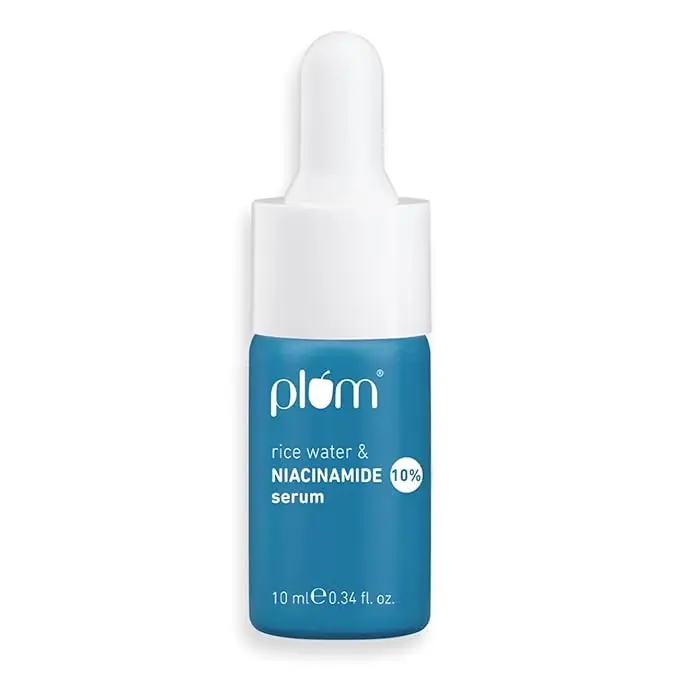
Rs.225

Swarnak Anti-Ageing, 24K Gold Ayurveda Face Serum-30 ml, Natural Glowing Skin, Hydrates, Improves Skin's Texture & Restores Firmness - Paraben & Silicone Free, 100% Natural
Rs.2199
Face Moisturizer
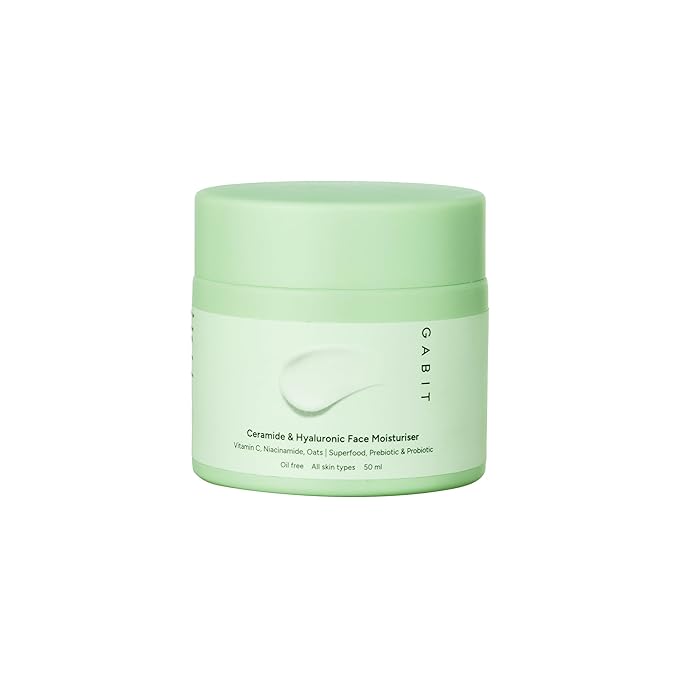
Rs.335
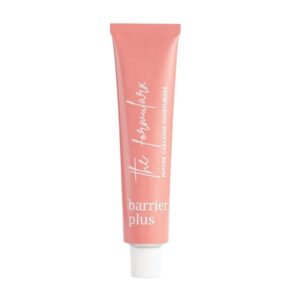
Rs.559
Face Cream
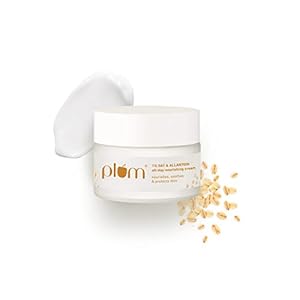

Face Wash


